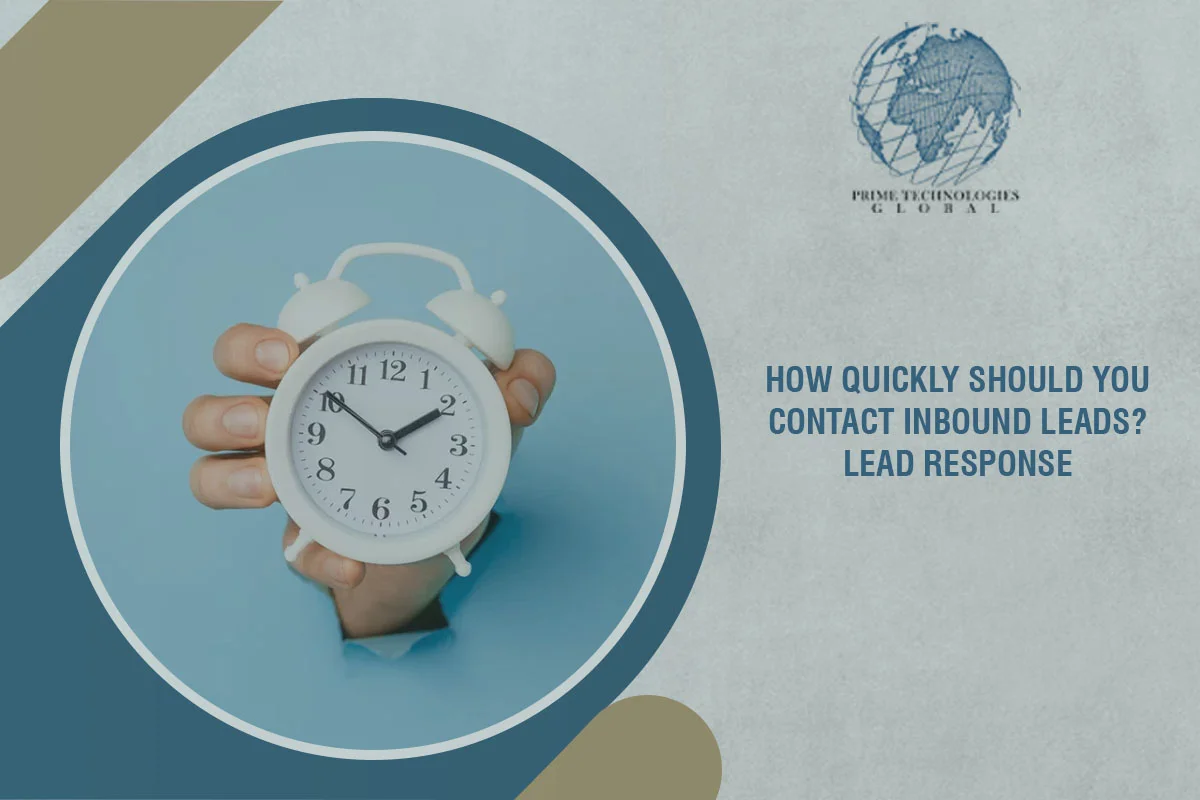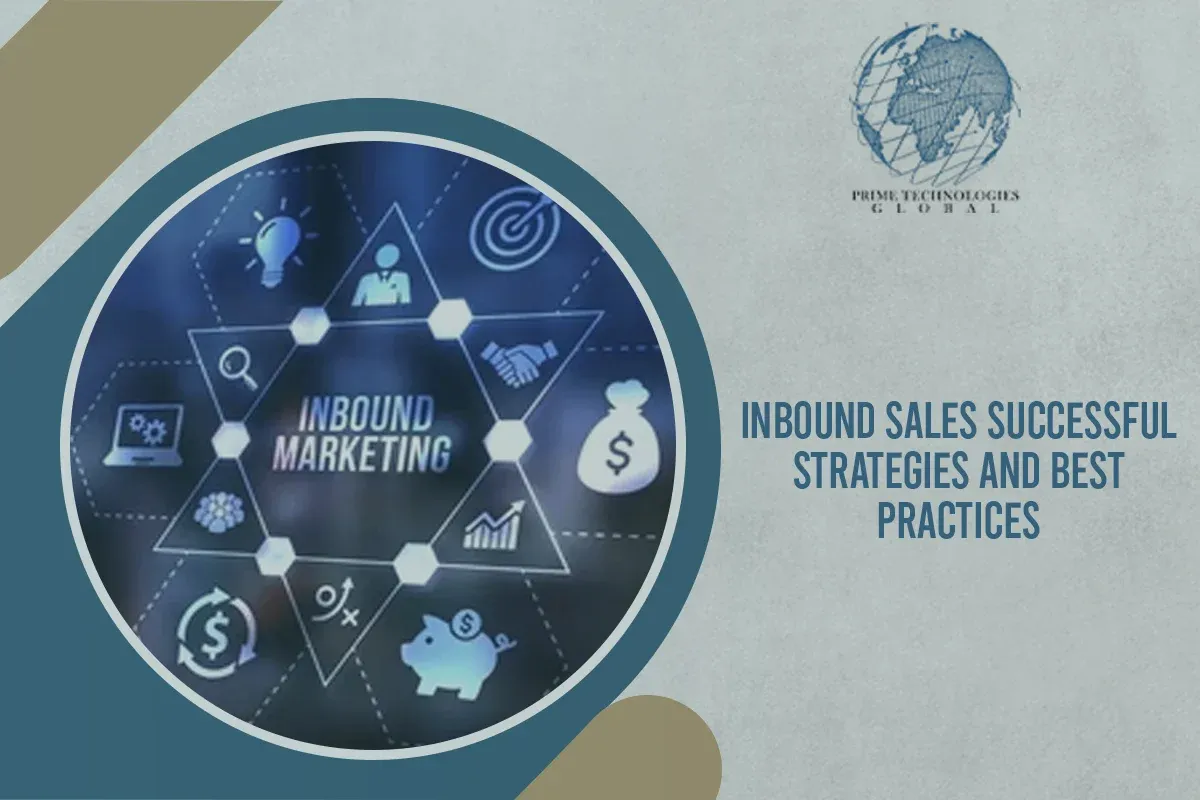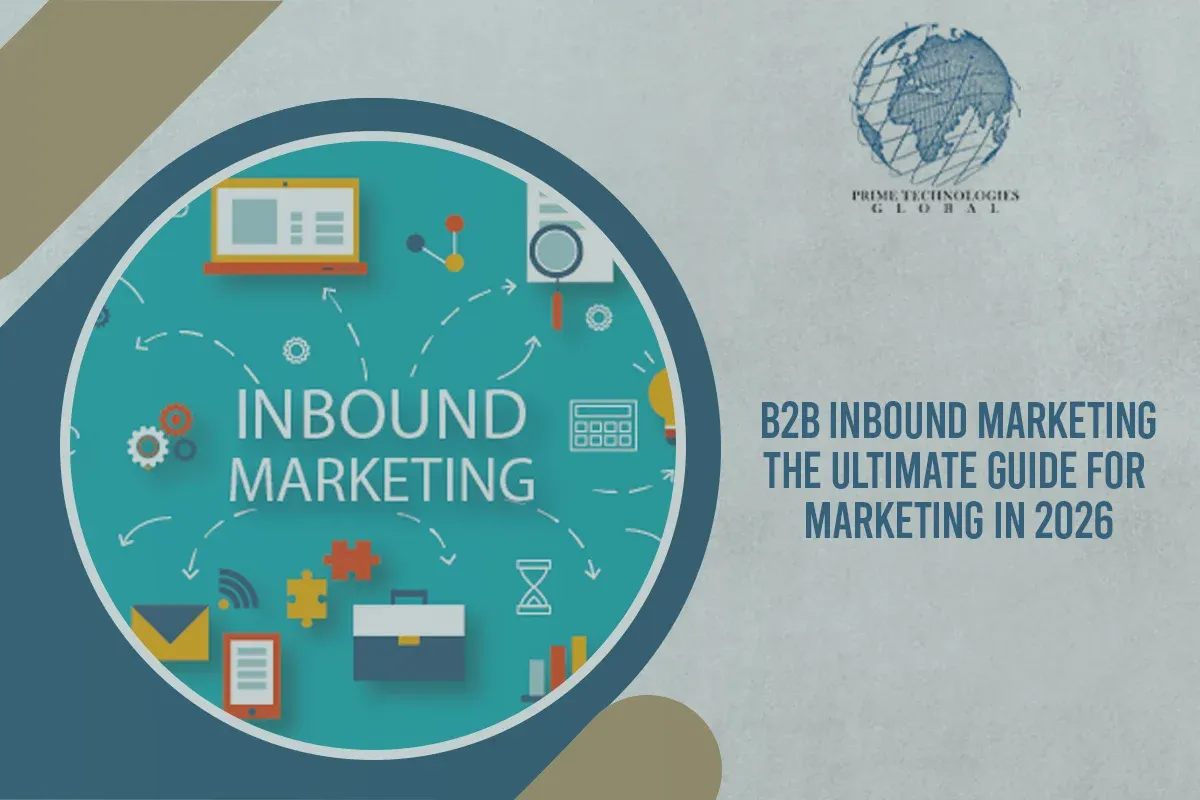How quickly should you contact inbound leads? Quick Tactics

How quickly should you contact inbound leads? Quick Tactics
Learn how quickly you should contact inbound leads to boost conversion rates and improve your business reputation. Discover the importance of lead response.
How quickly should you contact inbound leads? This pivotal question can determine the success of your sales efforts. Immediate responses to inbound leads often translate into higher engagement rates and better customer satisfaction. In today's fast-paced market, the speed of your response can significantly influence a lead's decision to choose your service over competitors. This article will delve into why rapid lead response times are crucial and how they can dramatically improve your sales outcomes.
We'll explore several effective strategies to optimize how and when you respond to leads. Understanding the dynamics of quick communication will empower your team to act swiftly and efficiently. By adopting proven techniques and leveraging the right tools, you can ensure that your response times meet the expectations of potential customers. Stay tuned as we unpack the essentials of enhancing your lead response process, ensuring that every lead is a step towards a successful transaction.
When should you contact inbound leads? Response Times
Understanding How quickly should you contact inbound leads? Lead response times are crucial, as they significantly impact conversion rates. Research shows that leads contacted within the first hour are much more likely to engage and eventually convert into paying customers. Quick responses demonstrate attentiveness and eagerness to address customer needs, effectively distinguishing your brand in a highly competitive market. Moreover, in today’s fast-paced market environment, the speed of your response can be just as crucial as the quality of your product or service. Rapid responses not only build trust by showing potential customers that your company values their time and business but also capitalize on the momentum of initial customer interest. This practice can set a positive tone for all future interactions and increase the likelihood of developing a lasting customer relationship.
Get Free Quotes
Your Needs, Our Priority
The Impact of Delayed Responses
In the fast-paced world of business, time is of the essence, especially when responding to inbound leads. Studies have shown that the speed at which you contact inbound leads can significantly impact conversion rates and overall sales success.
Research indicates that the likelihood of qualifying a lead drops dramatically with each passing minute after initial contact. In fact, a Harvard Business Review study found that businesses that respond to leads within the first hour are seven times more likely to have meaningful conversations with decision-makers than those who wait longer.
Delayed responses not only diminish the chances of converting a lead into a customer but can also damage your brand reputation. In today's competitive landscape, consumers expect prompt and personalized communication. Failing to meet these expectations can result in lost opportunities and a negative perception of your business.
To maximize the effectiveness of your lead generation efforts, it's crucial to prioritize timely responses. Aim to contact inbound leads within minutes of receiving their inquiry to capitalize on their interest and engagement. Implementing automated response systems and establishing clear protocols for lead follow-up can help ensure that no opportunity slips through the cracks.
In summary, the speed at which you contact inbound leads can make or break your sales success. By prioritizing prompt responses and minimizing delays, you can increase the likelihood of converting leads into loyal customers and drive growth for your business.
How to Optimize Inbound Lead Response Time
To effectively reduce lead response times, streamline your communication channels and automate initial contacts. Set up instant notifications for new leads and use CRM tools to track interactions efficiently. Training your team to act quickly and accurately assess lead information also plays a vital role. These measures can shorten delays and enhance the quality of your customer interactions.
Get Free Quotes
Your Needs, Our Priority
How quickly should you contact inbound leads? Tips to Improve
Consider implementing automated responses to acknowledge lead inquiries immediately. Organize your follow-up process to ensure quick, consistent, and relevant communication with potential customers. Adjust your resource allocation based on traffic and inquiry peaks, ensuring that your team is well-prepared during high-volume periods to maintain response efficiency.
Track and Measure Your Progress
Keeping an eye on key performance indicators, like average response time, is super important to gauge your team's efficiency. By using analytics, you can track these metrics over time. This lets you spot any patterns or bottlenecks that might be slowing things down. Regularly checking in on these numbers really helps you tweak your strategies. It’s like being a detective in your own office—finding clues and solving productivity mysteries. Making adjustments based on what you discover can seriously boost your team’s responsiveness and effectiveness. Think of it as fine-tuning your engine so that it runs smoother and faster. Who doesn’t want that, right?
Improve Team's Management Process
Enhancing your team's management process involves regular training and clear communication of expectations. Encourage your team to prioritize quick responses and make efficient decision-making part of their routine. Establishing a supportive environment where team members can quickly address issues and share insights will also help reduce response times.
Get Free Quotes
Your Needs, Our Priority
Standardize Lead Response Process
Setting up a standardized lead response process really ramps up your team's efficiency. Think about it—when you have a clear, step-by-step protocol for handling inquiries, it takes the guesswork out. Each team member knows exactly what to do and when. This not only speeds things up but also ensures everyone is sticking to the same high standards. You see, consistency is key here. It means that no matter who picks up the inquiry, the lead will experience the same great level of service. Plus, it makes training new staff a breeze since they have a clear blueprint to follow right from the start. So, by standardizing how you respond to leads, you're not just optimizing—it's like setting up a smooth-running machine where everyone knows their part perfectly!
Leverage Technology
Embracing technological tools like CRM systems and automated messaging can transform your lead management. These tools automate routine tasks, streamline communication, and ensure every lead is noticed. Integrating technology in your lead response strategy helps maintain consistency and quickness, which are vital for closing sales successfully.
Use an Auto-dialer
Incorporating an auto-dialer can significantly accelerate your contact times. This system automatically dials lead numbers, reducing wait times and freeing up agents to handle more calls. It’s particularly beneficial in high-volume environments, improving both efficiency and customer satisfaction.
Be Clear, Concise, and Approachable
Effective communication is vital when interacting with leads. Ensure your messages are clear and concise and convey warmth. These qualities make interactions pleasant and productive, encouraging leads to engage more openly and trustingly with your brand.
Measuring Lead Response Time
Consistently measuring lead response time is crucial for maintaining an efficient sales process. Detailed tracking helps pinpoint areas for improvement and assess the impact of any changes made. This ongoing evaluation is essential for maintaining an agile and responsive sales strategy.
Conclusion
Understanding how quickly should you contact inbound leads is pivotal for any successful sales strategy. Rapid response times not only reflect a company’s commitment to customer service but also significantly impact sales conversion rates. When you respond swiftly to inquiries, potential customers perceive your business as attentive and reliable, enhancing your brand's reputation. This proactive approach can turn casual interest into committed customers. By fine-tuning your response times and implementing effective communication strategies, you can boost customer satisfaction and increase your sales opportunities. Remember, in today’s competitive market, the speed and quality of your responses can set you apart from the competition. Make sure your team is equipped and ready to engage leads promptly for maximum impact.
FAQs
What is the 5-minute lead rule?
Have you heard about the 5-minute lead rule? It’s pretty straightforward. If you respond to leads within five minutes, your chances of connecting skyrocket. People appreciate quick responses. It shows you’re attentive and efficient. That first impression can really make a difference!
How late is it to call leads?
What is the best time to call your leads? Call between 8 AM and 9 PM their time. It's polite, and it keeps you within typical business hours. Plus, you avoid any legal issues that come with calling too early or too late.
How many times should you contact a lead before giving up?
It can be tricky to know when to stop trying. A good rule is to reach out about 6 to 8 times. Use different methods like phone, email, or social media. Space out your attempts. If they don't respond after that, it might be time to move on. Sometimes, stepping back is best.
What is the best day to contact leads?
Picking the right day to call pays off. Did you know Wednesday and Thursday are generally the best days? By then, people are deep into their week. They're more likely to have time to talk and less distracted by the weekend plans or Monday catch-ups.






